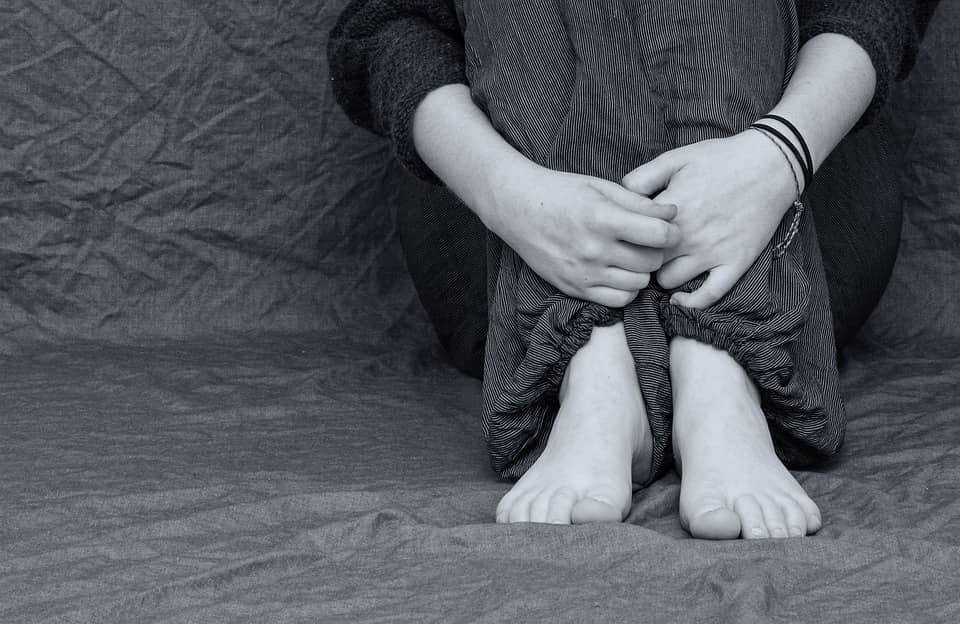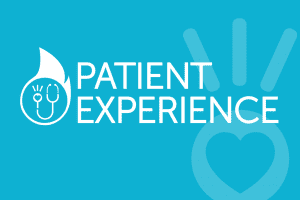According to a story from Neurology Advisor, the results of a recent study suggest that the presence of psychiatric issues in patients with idiopathic intracranial hypertension is connected to a worse prognosis. These findings have significant implications for both the treatment of the disease and the prediction of disease outcomes. The study was originally published in the academic journal Clinical Neurology and Neurosurgery.
About Intracranial Hypertension
Intracranial hypertension is a condition of increased pressure within the skull. Normally there is a typical range of pressure (called intracranial pressure) that is maintained around the brain. However, when this pressure increases abnormally, serious problems can occur. In some cases, this condition appears without apparent cause and most frequently impacts women from age 20-50. Risk factors include tetracycline use, being overweight, or recent weight gain. The condition can also appear from a secondary cause, such as certain drugs or systemic diseases. Symptoms include severe headaches, tinnitus that pulses with the heartbeat, neck and shoulder pain, vomiting or nausea, numbness, papilledema, vision changes, coordination problems, weakness, and inability to smell. Treatments for intracranial hypertension include lumbar puncture, certain surgical procedures, venous sinus stinting, and certain medications such as acetazolamide. Outcomes vary, with some seeing remission and other having long term symptoms. To learn more about intracranial hypertension, click here.
About The Study
The study looked at records from 51 patients between the years of 2000 and 2018. The analysis revealed that substantial percentage of patients (45.1 percent) has a pre-existing psychiatric disorder before being first diagnosed with intracranial hypertension. The most common mental health problem among this group was major depressive disorder (present in 37.3 percent of patients).
After a mean follow up period of 4.4 years, there was a noticeable difference in outcomes between patients with mental health disorders and those that did not. Only 26.1 percent of patients with psychiatric disorders had seen their symptoms completely resolve by this time. In contrast, 71.4 percent of patients without these disorders saw disease remission.
While there were some limitations of the study, such as its small sample size and retrospective approach, the authors concluded that more prompt screening and treatment for patients with psychiatric disorders could help close the gap in outcomes. The findings also suggest that there could be a closer link between intracranial hypertension and mental health disorders than is currently understood.
Check out the original study here.








